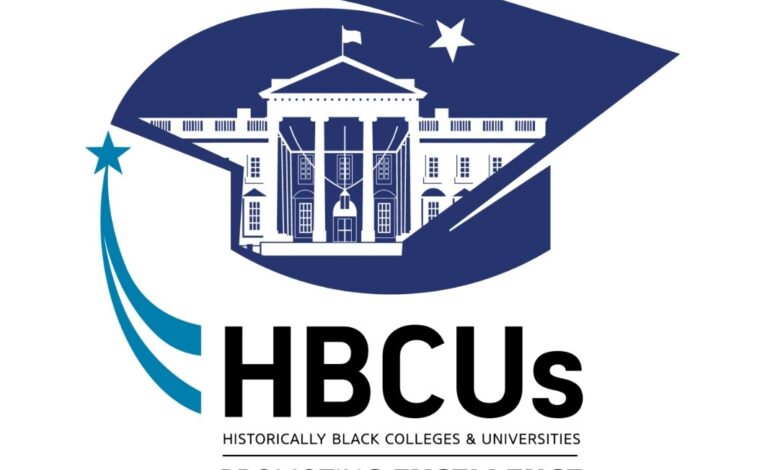
Staff writer
Georgia Senator, Reverend Raphael Warnock, a Morehouse alumni, a Historically Black College and University (HBCUs) institution is spearheading a bill with the assistance of Delaware Senator Chris Coons – THE IGNITE HBCU Excellence Act.
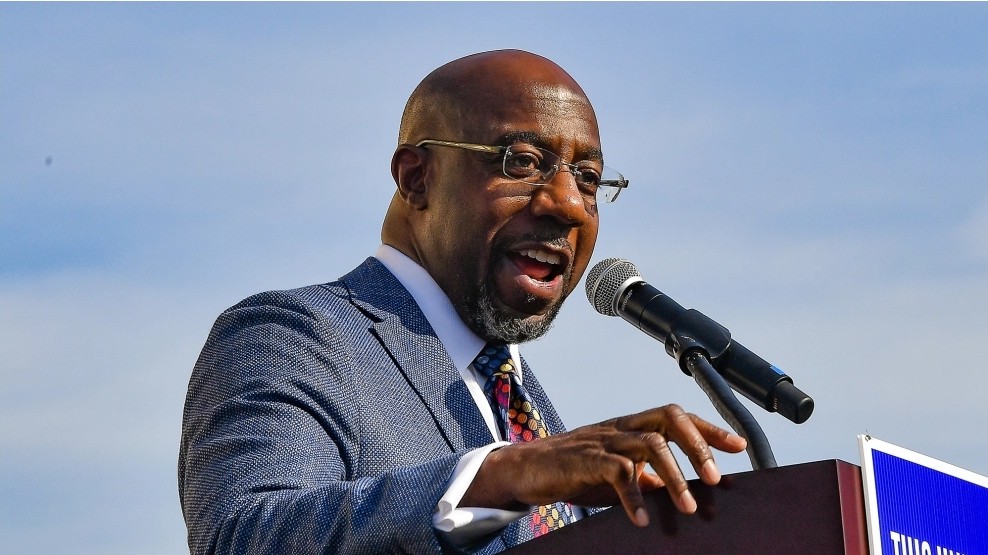
The 45 billion proposed capital infusion through The IGNITE HBCU Excellence Act is on rocky grounds as congress continues to wrangle about the size of the entire 6.5 trillion infrastructure bill proposed to fix the country’s aging infrastructure.
As of today, of the 45 billion proposal has been trimmed down to 2 billion dollars. The proposed 6.5 trillion dollars infrastructure bill now stands at about 1.5 trillion dollars which does not potend well for the said fund.
The physical infrastructure in most HBCUs is decaying such as buildings, libraries, research equipment etc.
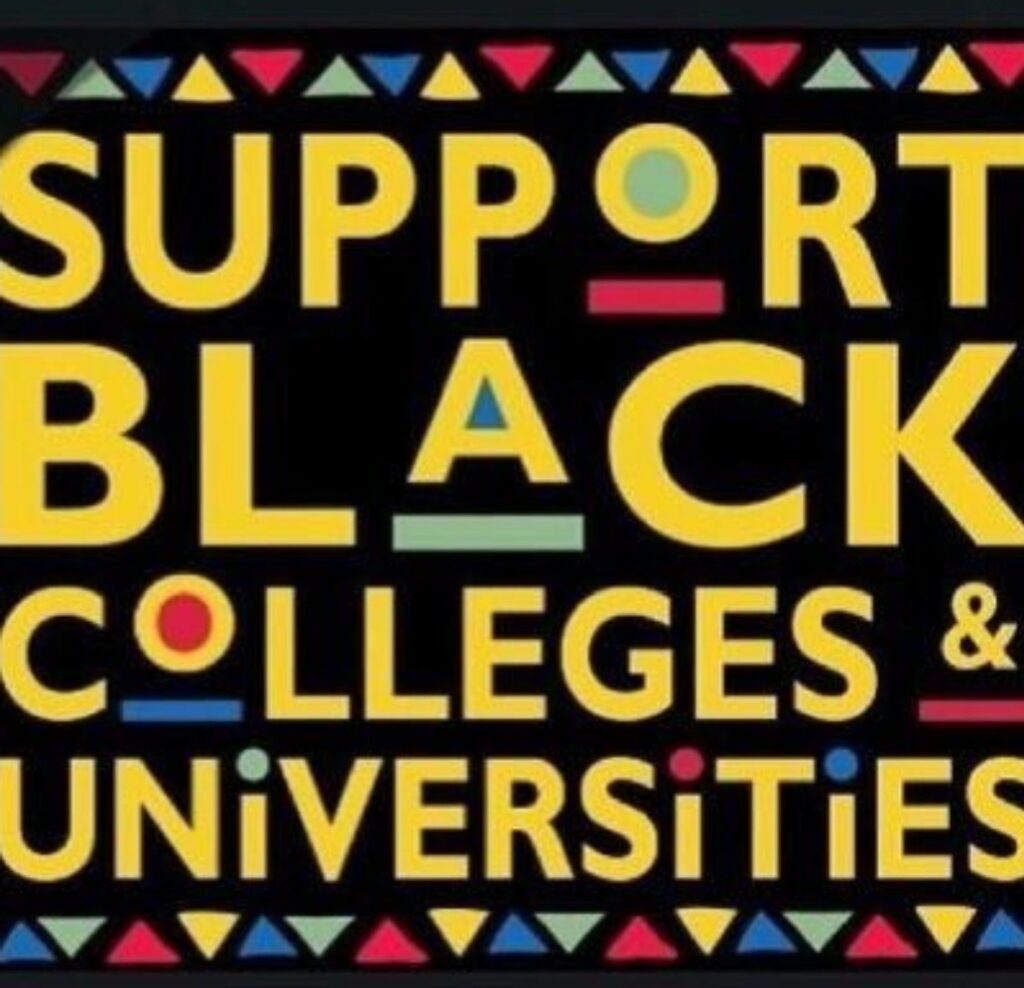
All HBCUs total endowment is 3.9 billion dollars combined as of 2019, which is a tiny fraction compared to other single mainstream institutions.
Harvard University’s endowment is $53.2 billion and The University of Georgia (UGA) has about 1.1 billion dollars.
HBCUs graduate a share of about 3% of US students which represents 20% of all African American graduates.
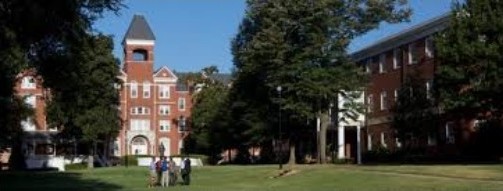
Dr. Kevin W. Cosby, president of Simmons College of Kentucky, a HBCU institution, says HBCUs instill certain attributes and values to black students and ‘ethnic armor’ necessary to navigate life and that is why these institutions are unique and have to be preserved.
According to American Council in Education (ACE), “an endowment is an aggregation of assets invested by a college or university to support its educational and re- search mission in perpetuity. It represents a compact between a donor and an institution and links past, current, and future generations. … Endowments serve institutions and the public by: Providing stability.”
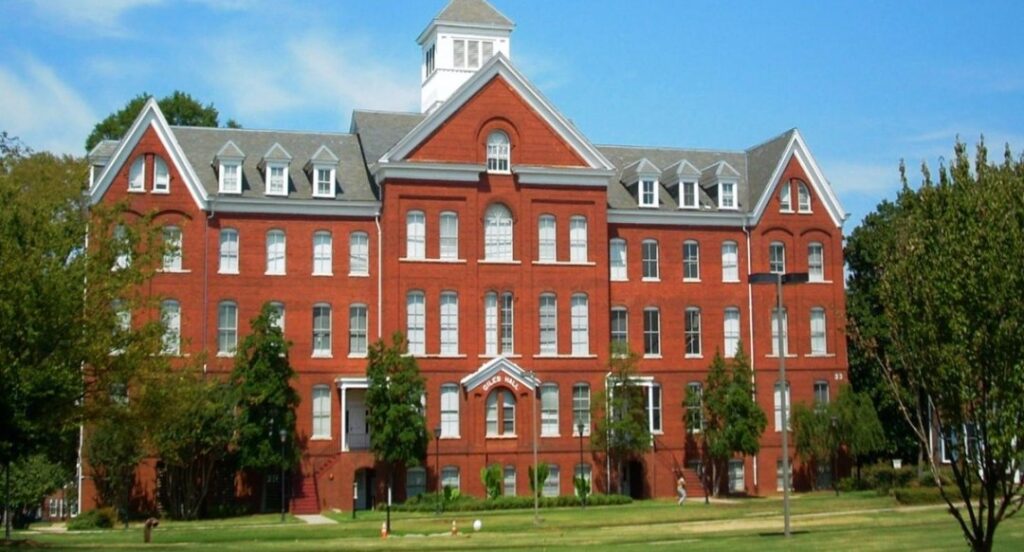
Historical Black Colleges and Universities (HBCUs) came to existence during and after the RECONSTRUCTION era between 1865 – 1877 following the CIVIL WAR, when African Americans (called Negros at the time) formed institutions of higher learning, whereas in other places were denied admission and in some other places were subsequently pushed out of the institutions.
After the end of the RECONSTRUCTION era, most of the hard earned gains by the African Americans people were reversed or wiped out. This made the role played by HBCUs even more critical and very necessary.
Link to all 107 HBCUs in the US.
http://www.thehundred-seven.org/hbculist.html
Top 5 Reasons to Attend an HBCU
https://getschooled.com/article/5732-top-5-reasons-to-attend-an-hbcu/




